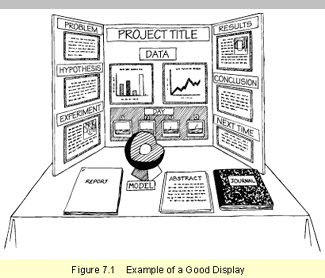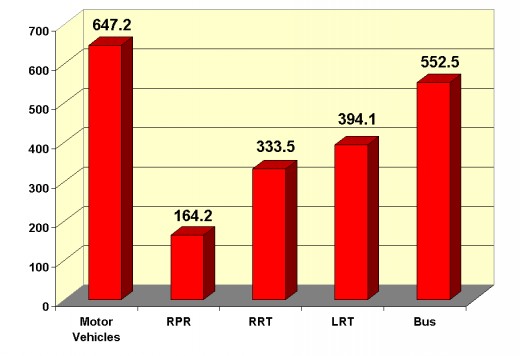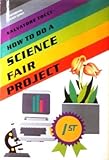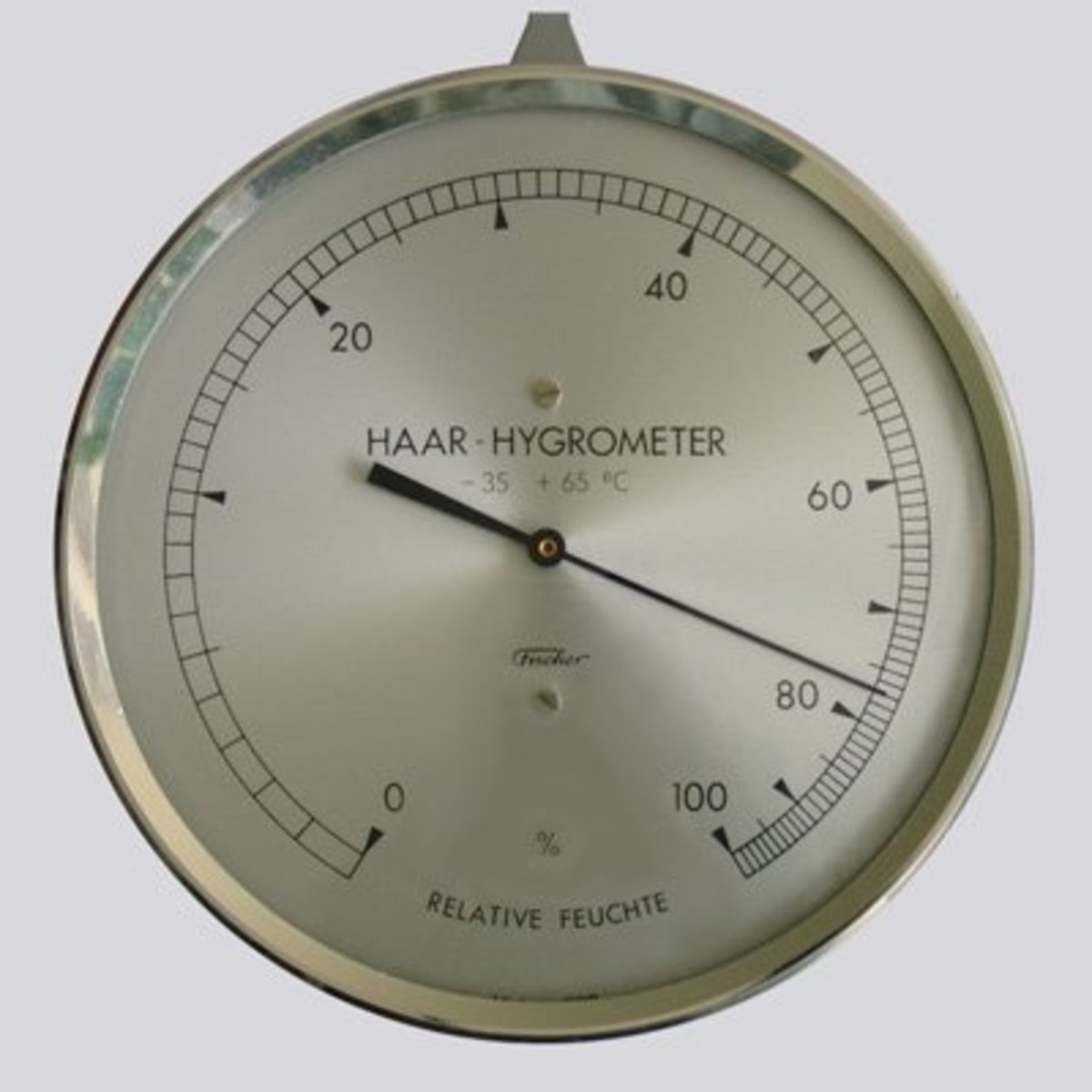Characteristics of a Good Science Fair Research Paper
Display Board

Introduction
Science fair projects have many components. One of the final requirements of entering a science fair is to have a quality research paper that supports the final project. This research paper will detail how the science fair project was developed, how data was collected and what results were identified. While science research papers are not commonly assigned in middle school and high school, they are very common in college. So here is your chance to start developing your research writing capabilities.
Title Page
Before you jump into the scientific method for kids you need to learn how to organize a science fair project.
The first step is to develop a title page. The title page is what introduces your project to others. The title page needs to start with the title of your science fair project. The title needs to express what your project is all about and it needs to be catchy. A good way to write a title for a science fair project is to start with your hypothesis. You can then jazz it up so that it is attention grabbing.
Under your title you will list your name, your grade, your teacher’s name and your school. Then you will insert the date that you finalized your report. It is important to note that title page format is going to vary depending on the requirements proposed by your teacher or by the science competition that you are entering. Always follow the specific directions given when it comes to your report’s page count and layout.
The Introduction Section
The first part of the actual report is going to be the introduction. Here you will be introducing the different components of your project’s development. You will want to start by identifying what topic your science fair project is exploring, what your hypothesis is and why your project is important. You can then define any terms that relate to your project that the average person may know.
Science Fair Research
Background Research
After your introduction section you will need to do topic research to present background information that is related to your topic. This section is often referred to as the literature review section, particularly when you enter college. This section will contain analyzed summaries of information that you collect from what are known as authoritative resources. These are resources that are reliable, such as government databases, textbooks, reference books and articles from peer reviewed journals.
There are several ways to format this section. You can group information by topic or you can group information by source. Make sure you not only summarize what the source presented but also provide an analysis of the information and its relationship to your main topic.
Methodology
The methodology section of your science fair project report is basically just a detailed explanation of how you carried out your experiment and collected data. This section will need to identify any tools or measuring devices that you used in your experiment, the instructions for setting up your experiment, a description of the population you are studying, and detailed information about the type of data collected and how it was collected. A good way to judge if your methodology section is complete is if someone can recreate your experiment just by reading this section of your report.
Bar Graph

Data, Results and Conclusion
The final three sections are the data, results and conclusion. The data section will present the data that you collected during your experiment. The data needs to be displayed in a chart or graph, as well as explained using words. The results section of your report will talk about what the data indicates and how it supports or does not support your hypothesis. The conclusion will summarize everything that was in your report and it will make recommendations about what research is still needed in order to understand your topic.




